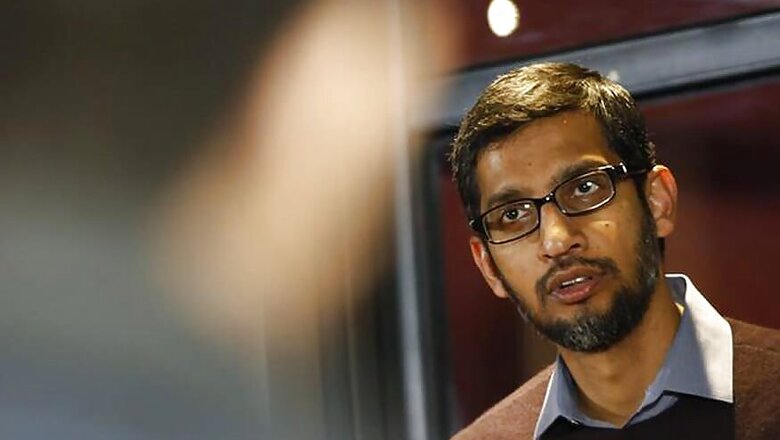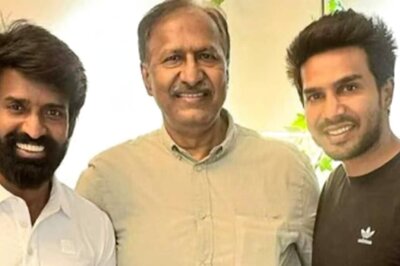
views
After a global walkout by over 20,000 employees last week, Google has apologised for the past handling of sexual harassment cases while promising to bring changes to make the company a safer workplace. "We recognise that we have not always gotten everything right in the past and we are sincerely sorry for that," Google CEO Sundar Pichai wrote in a note to employees on Thursday. The walkout by Google employees was in protest against sexual harassment at the company and its improper handling of sexual misbehaviour allegations against top executives.
Google CEO Sundar Pichai claimed in an interview with the New York Times, Thursday, that “Technology doesn’t solve humanity’s problems,” and defended Google’s cooperation with authoritarian governments.
“You know, we deliberate about things a lot more, and we are more thoughtful about what we do. But there’s a deeper thing here, which is: Technology doesn’t solve humanity’s problems. It was always naïve to think so,” he continued. “Technology is an enabler, but humanity has to deal with humanity’s problems. I think we’re both over-reliant on technology as a way to solve things and probably, at this moment, over-indexing on technology as a source of all problems, too” Sundar Pichai told in the interview.
Pichai helped develop the company’s browser, Chrome, and in 2014 he took over product, engineering and research efforts for the company’s products and platforms, including search, ads and Android. He was made chief executive in 2015, and joined the board of Alphabet, Google’s parent, last year.
On the debate around Google's expected return to China with what is believed would be a heavily censored search engine, Pichai said, "One of the things that’s not well understood, I think, is that we operate in many countries where there is censorship. When we follow “right to be forgotten” laws, we are censoring search results because we’re complying with the law. I’m committed to serving users in China. Whatever form it takes, I actually don’t know the answer. It’s not even clear to me that search in China is the product we need to do today."




















Comments
0 comment